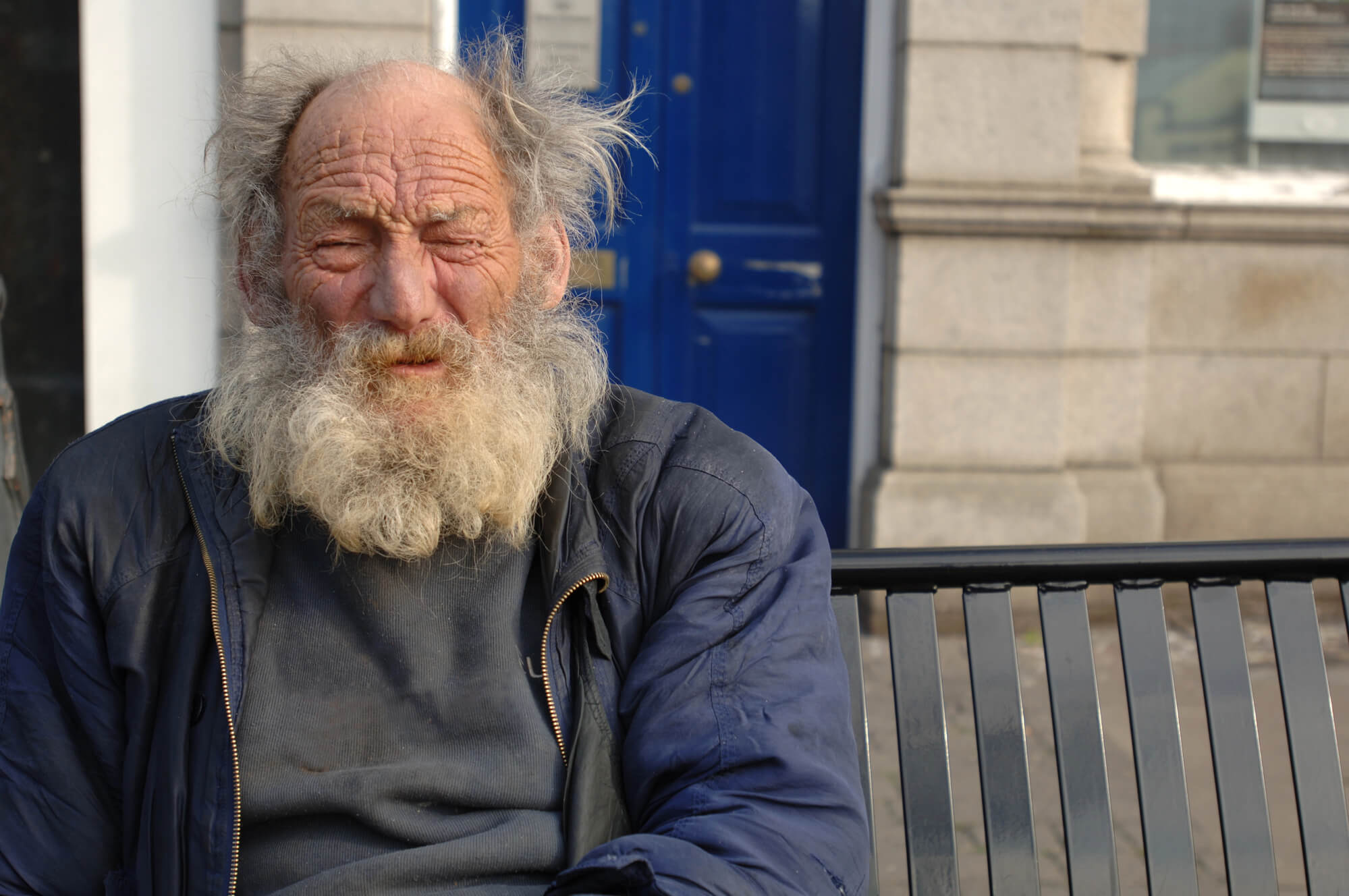When one considers the growth of beards in men through an evolutionary lens, they often encounter a range of theories that connect facial hair to aspects like mating choices and social hierarchy.
Genetic Factors
Beards are often seen as a sign of maturity and masculinity, traits that may have historically contributed to success in reproductive competition.
Since beards are largely influenced by the presence of testosterone, the hormone also plays a role in the development of secondary sexual characteristics.
They reflect a man’s genetic potential to mature, which could have been a signal to potential mates.
Biological Reasons
The growth of facial hair in men can often be rooted in biological factors, primarily influenced by hormonal activity.
Testosterone Influence
Testosterone, the primary male sex hormone, plays a crucial role in beard development.
Men typically experience increased testosterone levels during puberty, which activates hair follicles on the face.
Research suggests that the presence of testosterone is what initiates and maintains beard growth, rather than its concentration, indicating that even normal levels can result in facial hair development if the follicles are sensitive to the hormone.
It’s the sensitivity and distribution of these follicles that can result in a range of beard thicknesses and patterns among different individuals.
Aging and Hormonal Changes
As men age, hormonal changes may affect their facial hair. For instance, facial hair can become more prominent and coarser.
This progression is partly due to the age-related hormonal fluctuations involving testosterone and dihydrotestosterone (DHT).
DHT, a derivative of testosterone, has a potent effect on hair growth, encouraging denser and thicker beard hair.
However, the impact of aging on facial hair isn’t uniform across all individuals, with genetics playing a determinant role in the pattern and fullness of a beard as they age.
Cultural and Social Influences
Beards have been significant in various societies, often reflecting one’s status, values, and identity. While the reasons men grow beards are varied, cultural and social factors frequently play key roles.
Masculinity Symbols
Symbols of masculinity are deeply ingrained in numerous cultures.
For instance, studies like the one in “Behavioral Ecology” suggest that bearded men are often perceived to be older and to have higher social status.
A beard can signify maturity and assertiveness, attributes traditionally associated with male roles.
Fashion and Trends
Fashion trends greatly affect whether men decide to grow beards.
What’s considered stylish might be influenced by celebrity culture, media, or shifts in the grooming industry.
A look into trends in “ScienceDirect” indicates that beards can become more popular based on the portrayals of masculinity in crowded urban environments where they may symbolize a fashion statement or a competitive edge.
Religious and Traditional Roles
Religious and traditional roles serve as powerful motivators for facial hair growth.
Beards are integral to certain religious identities, as seen in faiths like Islam and Sikhism, where beards may be grown in adherence to religious tenets.
They also feature in traditional rites of passage or societal roles within specific cultures, as outlined in studies of early modern England like the one found on “Cambridge Core”.
Practical Considerations
When considering why men grow beards, they often weigh the practical benefits such as protection against the elements, enhancements in sensory experience, and the signaling of health and vitality.
Protection From Elements
Beards can serve as a natural barrier against the weather, offering insulation when it’s cold and shielding the skin from the harsh rays of the sun.
It acts like a scarf in the winter, helping to keep one’s neck and face warm.
In windy conditions, a beard might also protect the face from debris and dust reducing the likelihood of skin irritation.
Sensory Benefits
The tactile sensation of facial hair can heighten sensory experiences and may reduce exposure to certain allergens.
Some men find that a beard might funnel scents towards the nose, potentially enhancing one’s sense of smell.
They may also provide a sensory buffer, as when a beard catches raindrops on a wet day, which could be evocative or enjoyable for some.
Health Indicators
Beards can also be indicative of one’s health, as they can signal a balanced endocrine system, reflecting appropriate levels of hormones like testosterone.
Additionally, a well-maintained beard might signify good grooming habits and personal hygiene, suggesting a conscientious approach to one’s appearance and health.

